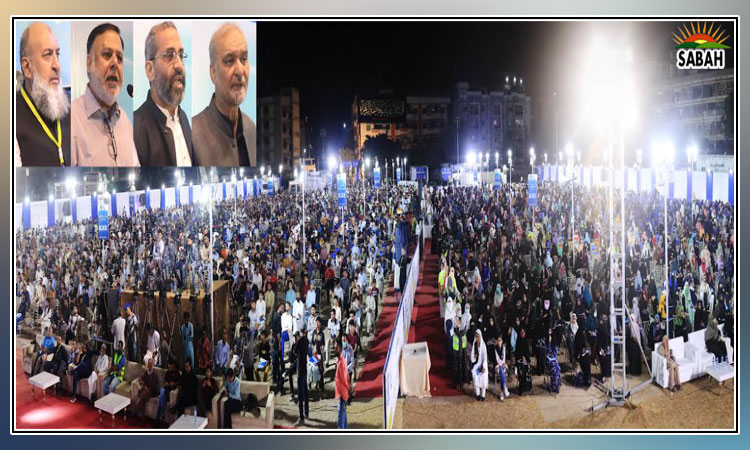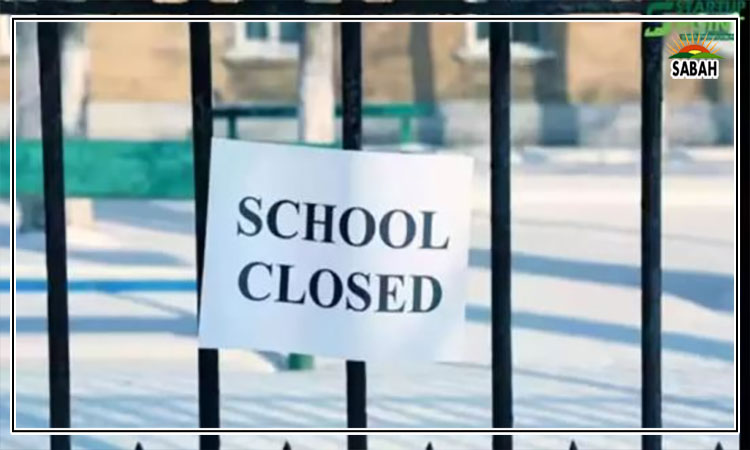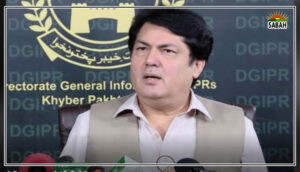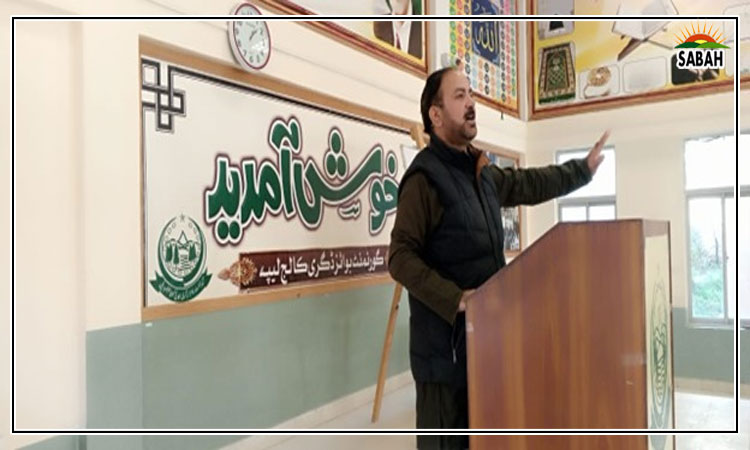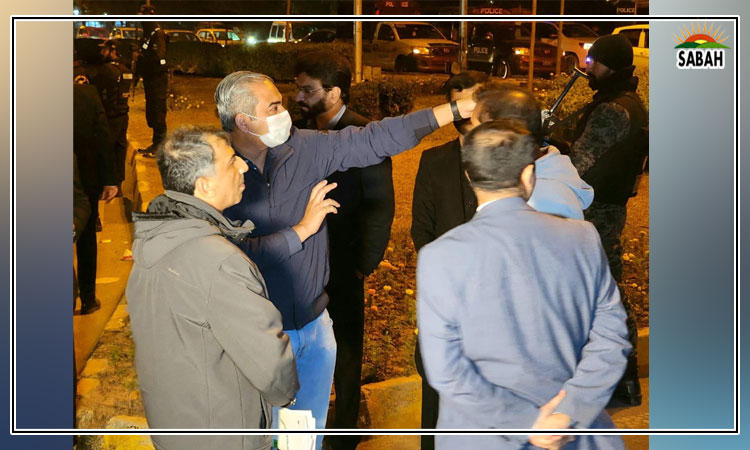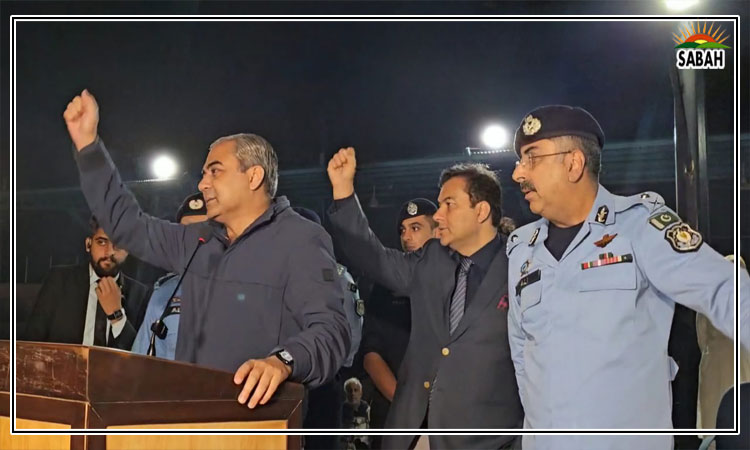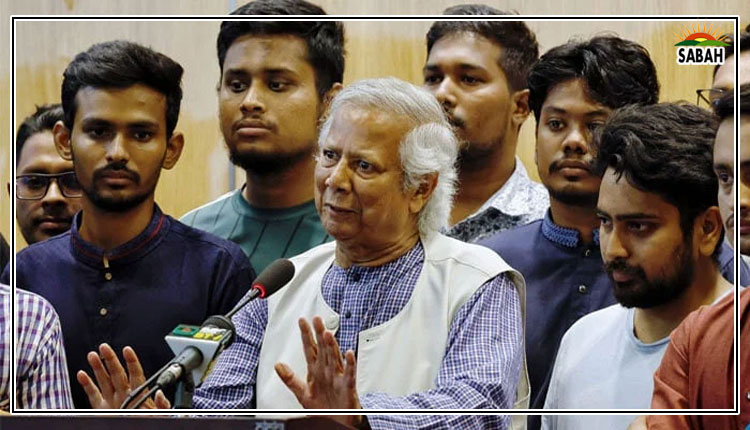Rebuild ties with Dhaka…Syed Anwer Mahmood
For someone who grew up in what was then East Pakistan and what is now Bangladesh, and who lived there through the tumultuous years between 1969 and 1971, it is difficult to remain detached from developments in that country. I have been following the happenings there with much interest and the recent ones with concern for the people of Bangladesh.
What eventually happened in Dhaka on August 5 was not unexpected, at least not for those who have lived there. But the sudden collapse or instant meltdown of such a deeply entrenched autocratic regime was rather unexpected. And by all accounts, the last rites were brought about in a matter of hours or less because the army chief refused to let the army be part of any mass killings which could have only delayed the end of the regime but not prevented it.
That such a decision was taken by an army chief who was reportedly handpicked by the prime minister and was reportedly very close to her underlines the difference between loyalty to the state and loyalty to the regime. To his everlasting credit, the army chief stood by the state which forced Sheikh Hasina to quit in a matter of less than an hour and take a helicopter ride to the nearest Indian town.
Pakistans Foreign Office rightly took time to react and did well to react with caution and restraint, putting its weight behind the people of Bangladesh who are a simple people but fiercely independent in thought and belief, and value their freedom of speech and expression more than most others around the region. And they do not like condescension by anyone.
We in Pakistan must be very careful and mindful of the sentiments there and not be euphoric that this is a defeat for India and the end of India in Bangladesh. It is not.
As I said earlier, I could see the movement gaining strength. The ruthless nature of the regime had forced people into a temporary silence. But there was simmering resentment developing.
Let us not forget that Bangladeshis value their freedom more than any other possession as reflected in their history. Let us not forget that the foundation of the independence for the Muslims of the Subcontinent was laid in Dhaka almost a century and a quarter ago. And let us not forget that the independence movement was nurtured and given momentum in what is now Bangladesh. Also, let us not forget that, but for the crucial role played by Hussain Shaheed Suhrawardy and A K M Fazlul Haq on the directive of the Quaid-e-Azam, the birth of Pakistan could have taken longer for there was not much happening in that regard elsewhere.
What we did to those two stalwarts of the freedom movement does us no credit. And that is putting it mildly. Thankfully we have two roads in Islamabad named after them. To re-emphasize, we in Pakistan must surely take comfort from the fact that Bangladeshis are very resentful of the overbearing Indian presence and involvement in their affairs as was manifested in the ransacking of the Indian Cultural Centre in Dhaka.
However, geography creates its own compulsions. Five Indian states share a border with Bangladesh. And Indian investment in Bangladesh over the past fifty-plus years has been far, wide and deep not just economically but politically and culturally as well.
India will not let all that go down the drain easily with the exit of Sheikh Hasina. It will do all it can to minimize its losses and regain lost ground. Pakistan should not enter into a race and instead should offer every support that is asked for by Bangladesh without appearing condescending.
This is the time to rebuild relations on equal terms as two brother nations and to share and stand up not against anyone but for each other. We must learn from the past as much as from the present.
Courtesy The News


